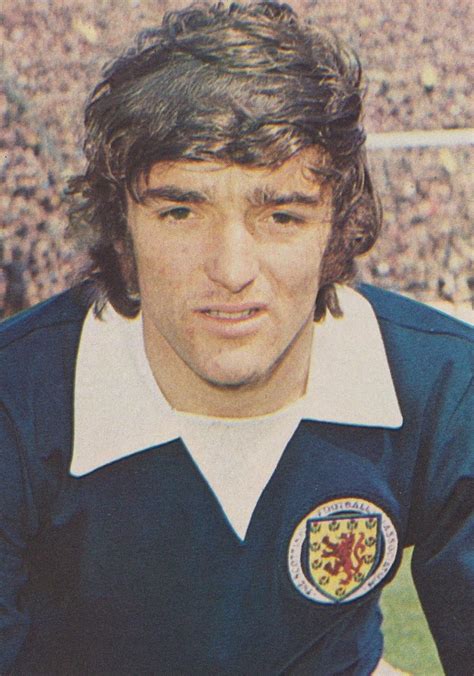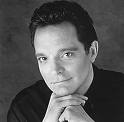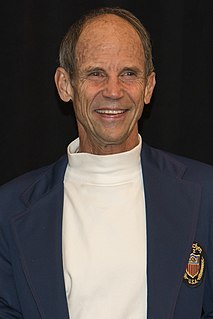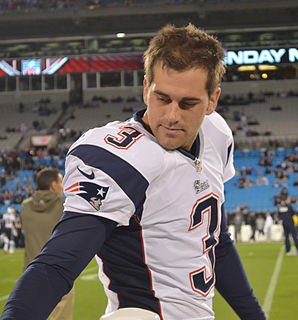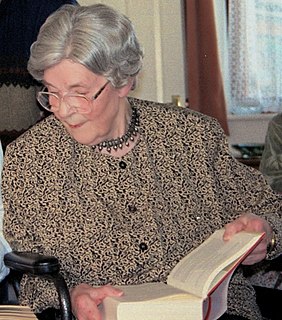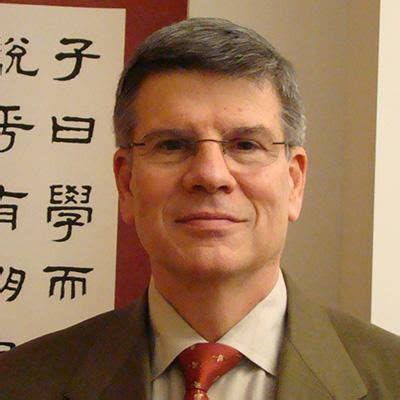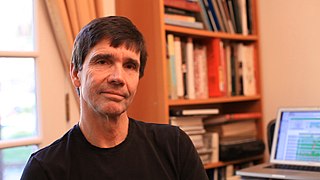A Quote by Lou Macari
The first half was end-to-end stuff. In contrast, in this second half it's been one end to the other.
Related Quotes
[Vathek] has, in parts, been called, but to some judgments, never is, dull: it is certainly in parts, grotesque, extravagant and even nasty. But Beckford could plead sufficient "local colour" for it, and a contrast, again almost Shakespearean, between the flickering farce atrocities of the beginning and the sombre magnificence of the end. Beckford's claims, in fact, rest on the half-score or even half-dozen pages towards the end: but these pages are hard to parallel in the later literature of prose fiction.
We don't have much wisdom about the second half when things really open up and end up looking a lot more progressive. In my own Catholic church, for example, we're sort of circling the wagons today by thinking that more moral strictures, more exclusionary rules on this or that, that that's going to do for the first half of life. I don't think it really does.
When half of the people get the idea that they do not have to work because the other half is going to take care of them, and when the other half gets the idea that it does no good to work, because somebody else is going to get what they work for, that my dear friend, is the beginning of the end of any nation
